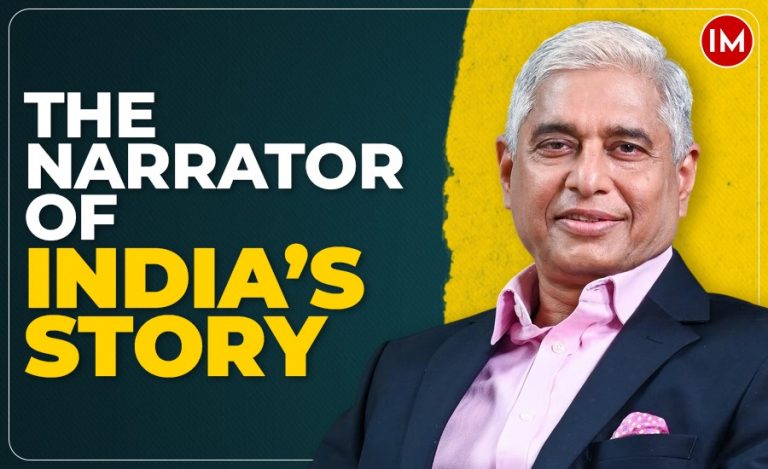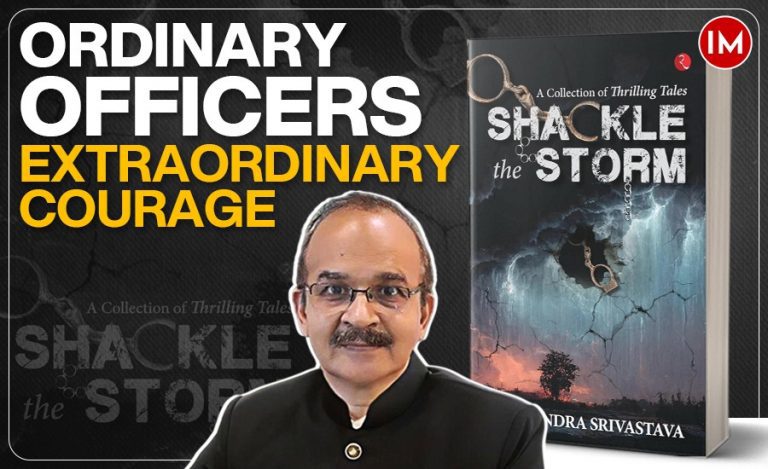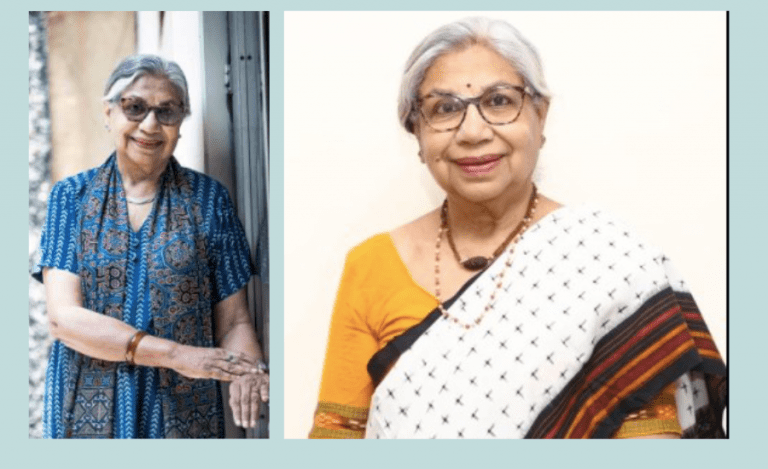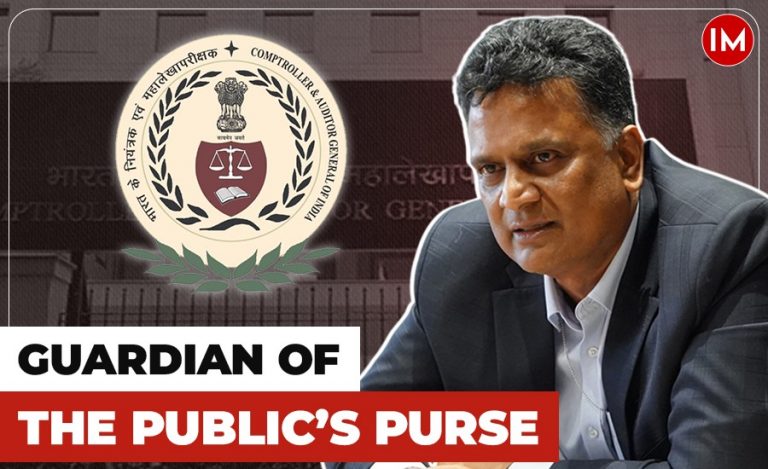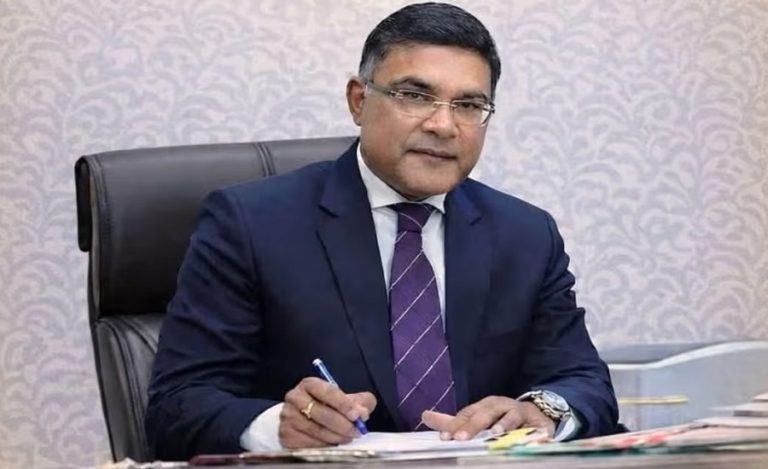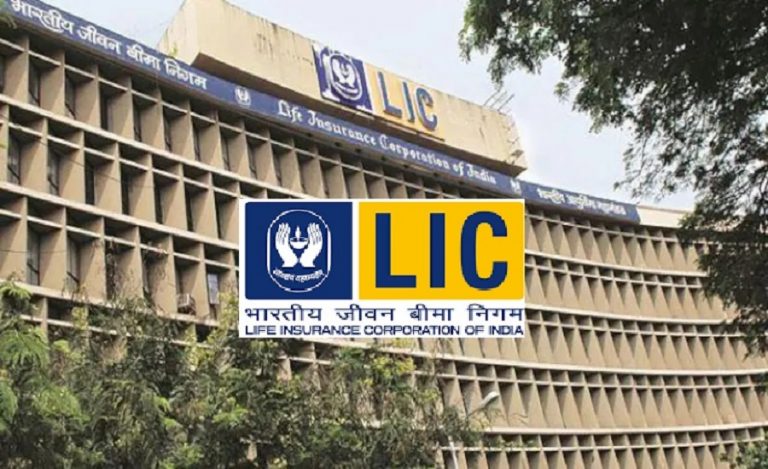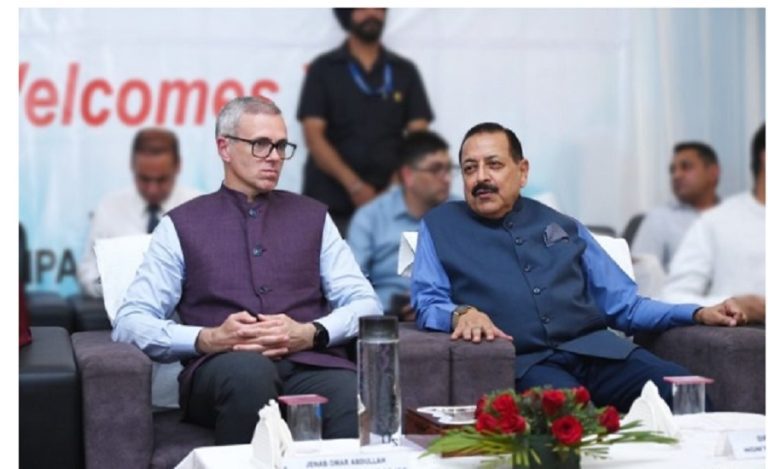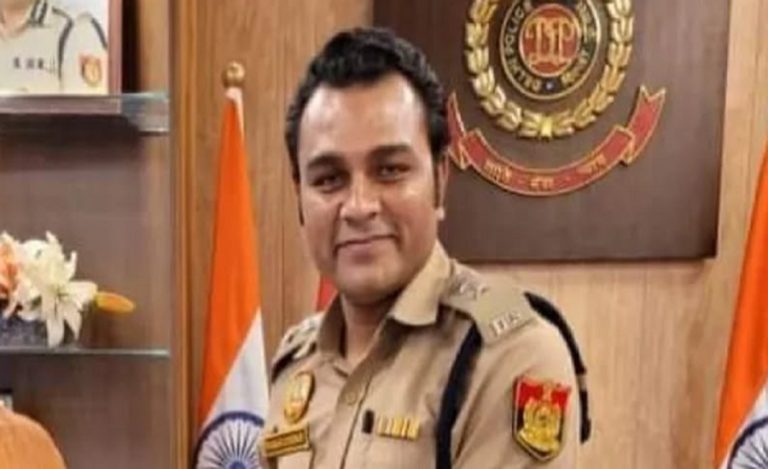It’s not everyday that interview board for UPSC Civil Services examination discourages a candidate from opting a particulate service.
Ms. Aruna M Bahuguna in her interview round in 1979 faced a piquant situation. The interviewers tried hard to convince her to choose any services other than IPS but Ms. Bahuguna had already made up her mind. She chose to enter Sardar Vallabhbhai Patel National Police Academy as a trainee Indian Police Services (IPS). Interviewers had their reasons. Not many women till then had opted for the IPS. Ms. Bahuguna was the only woman in the batch at the time of joining. There wasn’t even a single lady officer in the faculty too.
In conversation with Indian Masterminds, she shared all her experiences during her career from being an officer trainee in Sardar Vallabhbhai Patel National Police Academy (SVPNPA) to heading the same academy as the Director till her retirement in 2017.
INTO THE UNKNOWN
Since, there had not been many women in the academy till then, training process & standards were set according to men. Even the uniforms were not avaliable as per women’s physique. Ms. Bahuguna had to wear uniform, shoes and other training gears two size bigger than her’s. She had to put cotton, gauge and pins to fit into them. Recalling those days she says, “While the outdoor training was little difficult for me, I used to thrive in the indoor classes which were focused on investigation, rules of laws besides horse riding & shooting. In the entire training period the toughest thing for me was to complete the obstacle course.”

When she became the Director, SVPNPA she brought in many changes in the training programme to make it a holistic form of training with focus on professionalism & sensitivity. She included extensive travel (domestic & foreign), brought experts from many walks of life to speak with the trainees and organised a two-day documentary film festival inside the academy. The changes were made to enlighten them how different situation are tackled by the police of different countries and how the trainee officers are going to play their part in making the county better.
Initially, she was criticized for all these changes but when her trainees in their field postings started showing better results and focusing on the marginalised and helping the people, that people realised importance of her decisions. Ms. Bahuguna added that she always liked to head into the unknown, to challenge & confront herself in difficult situations.
PRIORTISE LISTENING
As a police officer Ms. Bahuguna kept doing one thing in all her posting was to encourage people in approaching her directly. Whether it was ASP, SP or as a Joint Commissioner in Hyderabad she used to have a set place to meet the people. Every day she would receive lot of letters and a long queue of people waiting even at odd hours to meet her.
She also joined the women protection cell as SP since its inception. It wasn’t as simple m task as it seemed. Domestic violence for dowry was very common at the time. Women committing suicide was a common occurrence. Women didn’t know the laws were and where she could go for help. In the WPC, Ms Bahuguna made sure to sensitise women about their rights & laws provided for their safety. The social media hadn’t arrived till then. TV too was a luxury in remote areas. She used flyers and pamphlets to popularise women- related laws. “We even used tom-tom who would move around the areas, beat the drum & read a script given by us. The focus was to increase the awareness and we tried to do best with whatever resources we had”, the retd. IPS added.

LEAVING BEHIND A BETTER PLACE
Since the start of her career Ms. Bahuguna was not someone who could be bent. She wouldn’t budge even under immense pressure. As ASP she shut a pharmaceutical plant which was guilty of polluting ground water. The owner tried all his power to get it reopened but the she didn’t allow till they had a proper waste management system.
Whether she posted as Controller of Legal Metrology ( Weights & Measure) or Special Director General she brought changes which were need and left behind a better place. During her stint at CRPF, she played a key role in devising a policy for posting of women police in extremist affected areas. With this step, there was steep fall in allegations of rape and violence against women related cases. Police started to look more humane & many civic action program were conducted.



